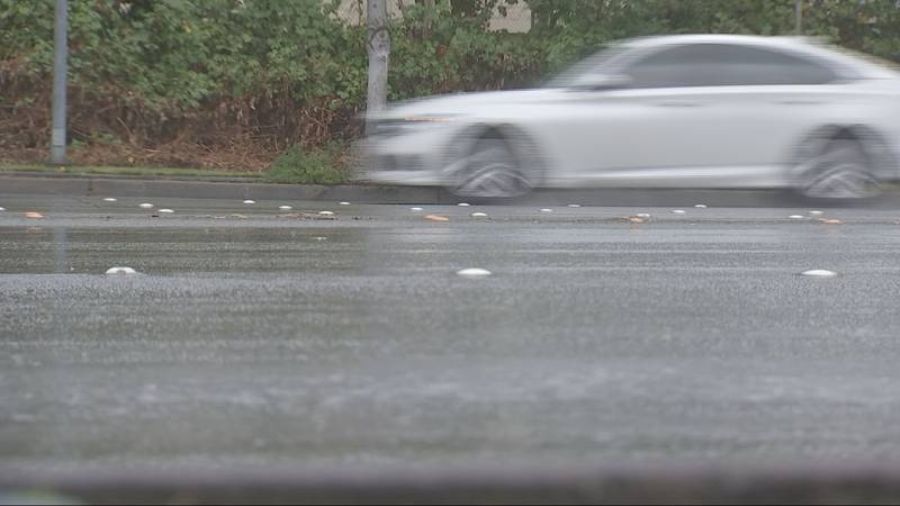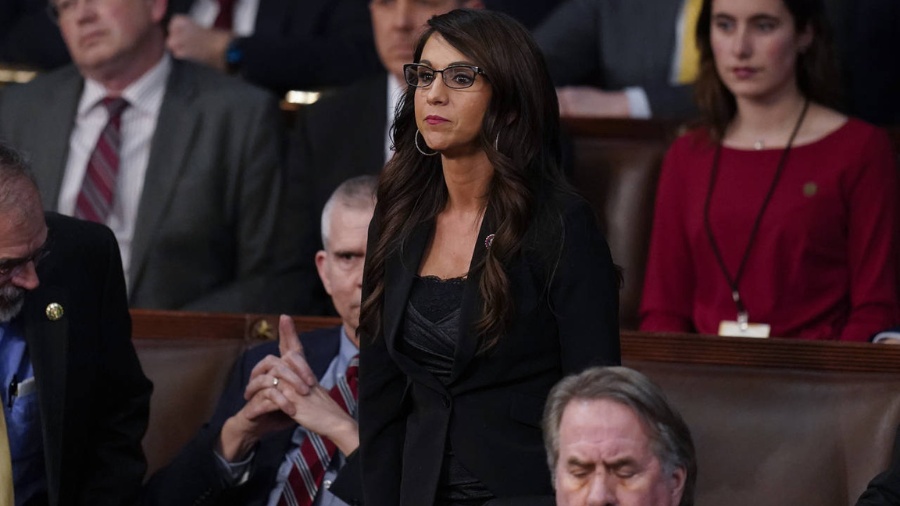COVID-19 strain in Brazil more contagious, not just impacting at-risk people
Mar 29, 2021, 12:02 PM | Updated: 12:34 pm

Brazilan President Jair Bolsonaro poses for photos with the mascot of his nation's vaccination campaign, named "Ze Gotinha," or Joseph Droplet, during a ceremony to present the National Vaccination Plan Against COVID-19 at Planalto presidential palace in Brasilia, Brazil, Wednesday, Dec. 16, 2020. (AP Photo/Eraldo Peres)
(AP Photo/Eraldo Peres)
Just as we are all seeing the light at the end of the COVID tunnel, a new strain of the virus has emerged in Brazil. We’re told that this strain is a lot more virulent and dangerous. So what are the chances that we end up having it here? Mercer Island MD Dr. Gordon Cohen joined Seattle’s Morning News to discuss.
“It’s for sure concerning; it turns out that, as we know, the virus has been mutating, which isn’t surprising. We know that viruses will mutate, and they do it, in part, in order to affect their own survival. There’s a variant that we were aware of, but there wasn’t a lot of talk about it because more press was going out to the UK variant and the South African variant,” he said.
Confusion remains after patients have been vaccinated
“But there’s actually a variant in Brazil, a mutation called P.1. What’s concerning is that Brazil — which is home to really less than 3% of the world’s population — is currently accounting for about a third of the daily global deaths from COVID-19, and it’s all being driven by this new mutation or new variant,” he added. “They’re now having a daily death toll of over 3,000 people a day, and hospitals there are completely overrun.”
What’s troubling is not simply the seemingly elevated contagiousness of the variant, but how it’s heavily impacting more people than simply the at-risk demographics.
“It’s about 2.5 times more contagious than the current variants that we’re dealing with here. The other thing that’s concerning about it is that the people who are being seen with it, the people who are catching it, aren’t just the at-risk populations that we defined here before, but it’s actually attacking people who aren’t obese, who don’t have any comorbidities, who aren’t old, and the virus just overwhelmed them,” Dr. Cohen said.
Reports of blood clots with AstraZeneca vaccine contributes to hesitancy
“They’re seeing younger people who are getting infected and dying from the disease. In fact, there was one statement from a nurse who works in the hospital there that the virus is claiming parents and their children,” he said. “So that’s something that we really haven’t seen much of here with the current variants. But it’s happening in Brazil, and so obviously the concern is it’s overtaking that country, it gets out of the country, makes its way here, and we have a second problem on our hands.”
We often hear that the vaccine is effective against the new variants. Does it apply to this one as well?
“So there’s sort of conflicting information,” Cohen said. “It appears that our vaccines in this country, the three that we have — the Pfizer vaccine, the Moderna vaccine, and the Johnson and Johnson vaccine — appear to be relatively efficacious against this particular strain. However, that’s limited information so far because of limited distribution, the vaccine around the world, and also the limited exposure to this particular variant.”
With limited data, it’s difficult to tell at this point, and one of the new vaccine studies from China is not promising.
“There was a study done with the CoronaVac, which is the Chinese vaccine, and the data from that study suggested that their vaccine is less capable of being able to protect patients from infections with the P.1 variant or the Brazilian variant,” Dr. Cohen said.
“So this is concerning because it suggests that not all vaccines are the same, which we already knew to be the case, and that some of the vaccines may be effective against new variants, but others may not,” he said. “But it appears that the vaccines that we’re getting in this country right now are probably — and I can only say probably because there’s just limited information — somewhat efficacious against this particular strain.”
Listen to Seattle’s Morning News weekday mornings from 5 – 9 a.m. on KIRO Radio, 97.3 FM, and on your smart speaker as well. Subscribe to the podcast here.














